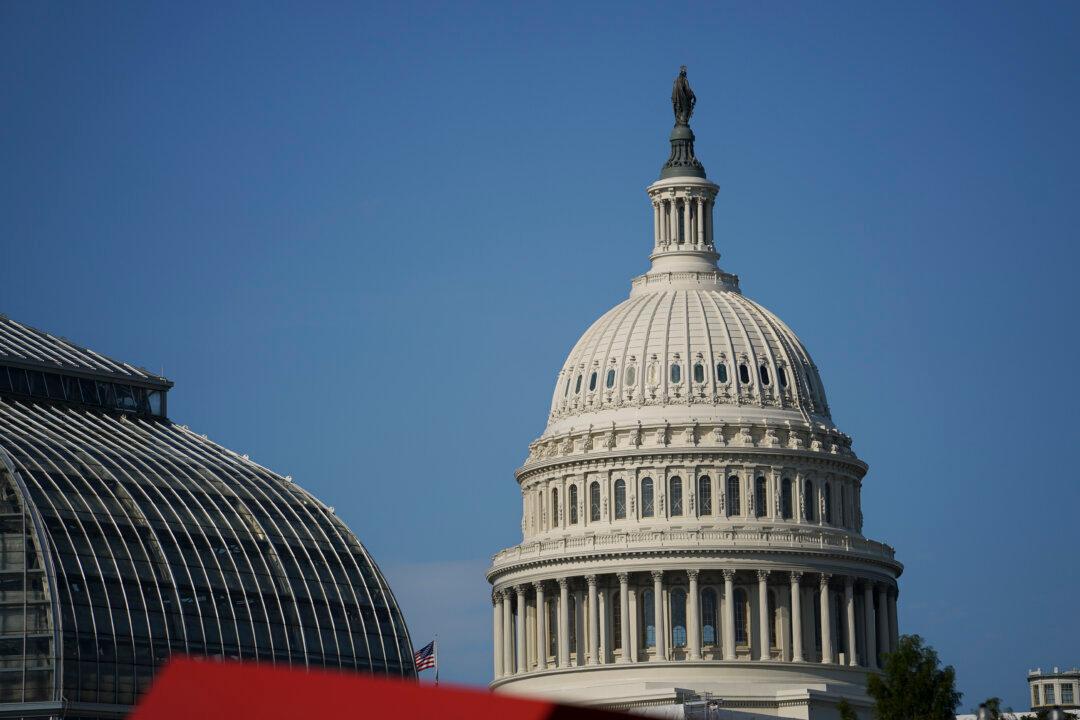The House of Representatives is scheduled to vote on July 18 on resolutions that would lift terrorism-related sanctions.
The resolutions would end national emergencies declared by Presidents George W. Bush and Barack Obama between 2003 and 2012.

The House of Representatives is scheduled to vote on July 18 on resolutions that would lift terrorism-related sanctions.
The resolutions would end national emergencies declared by Presidents George W. Bush and Barack Obama between 2003 and 2012.